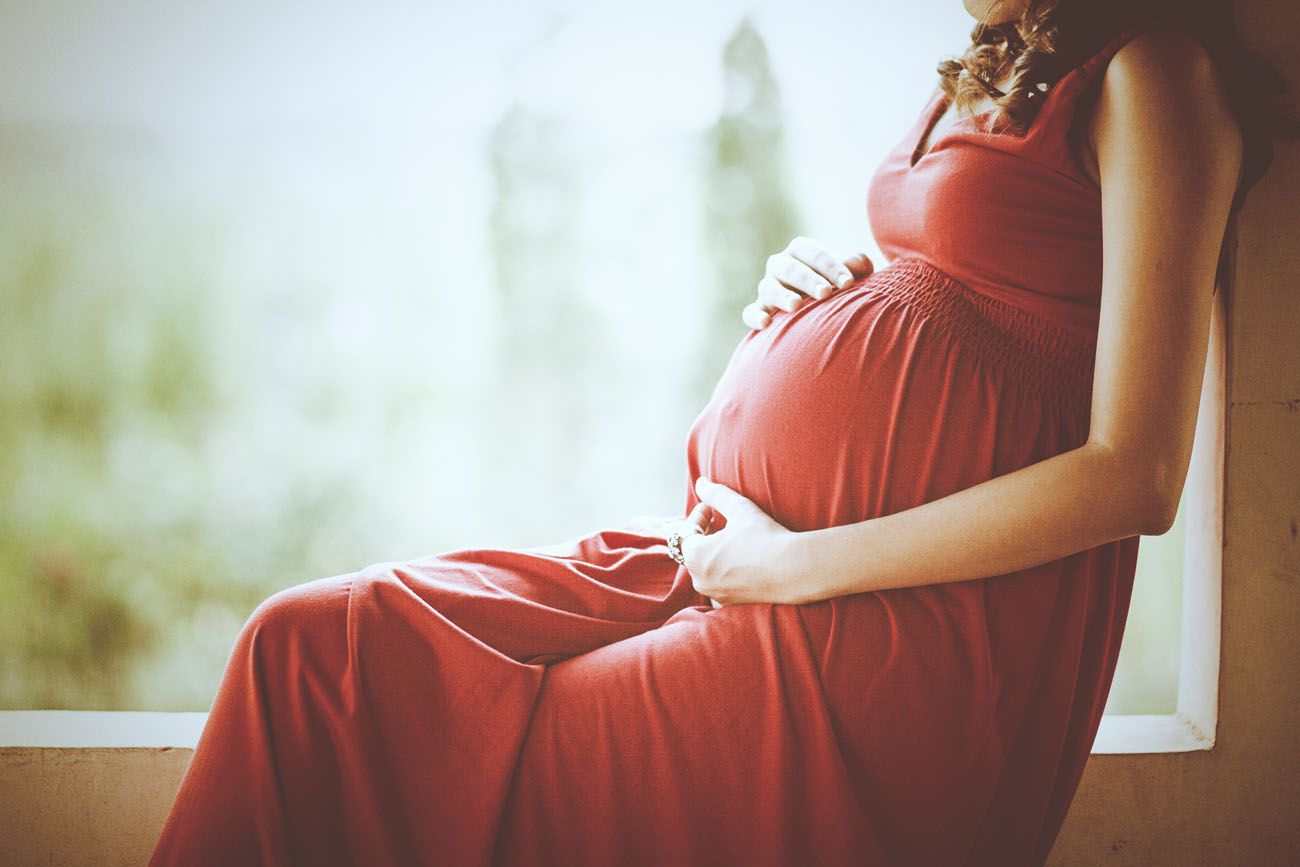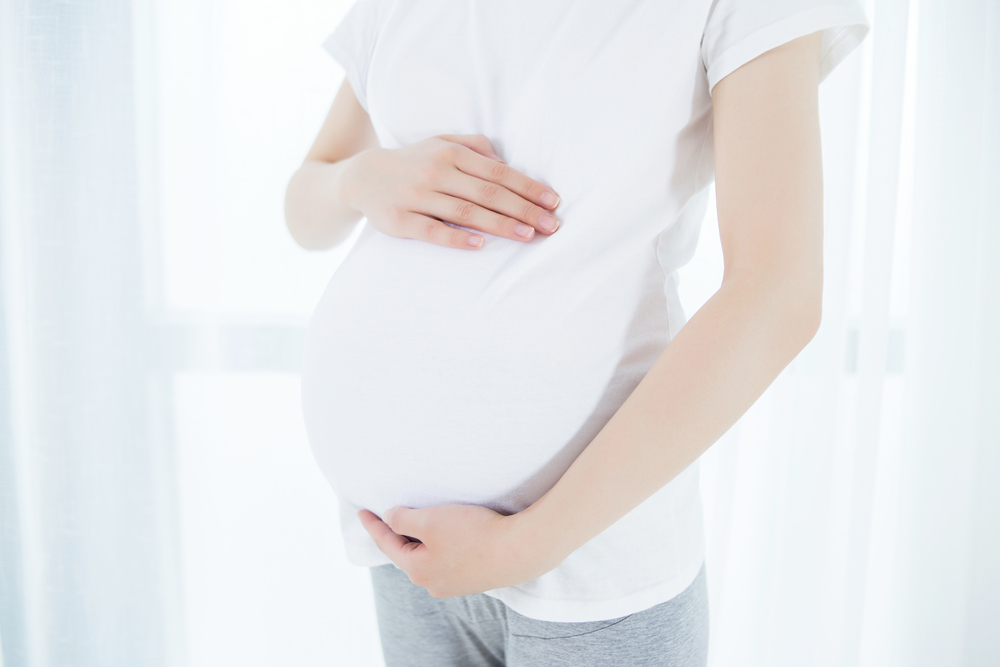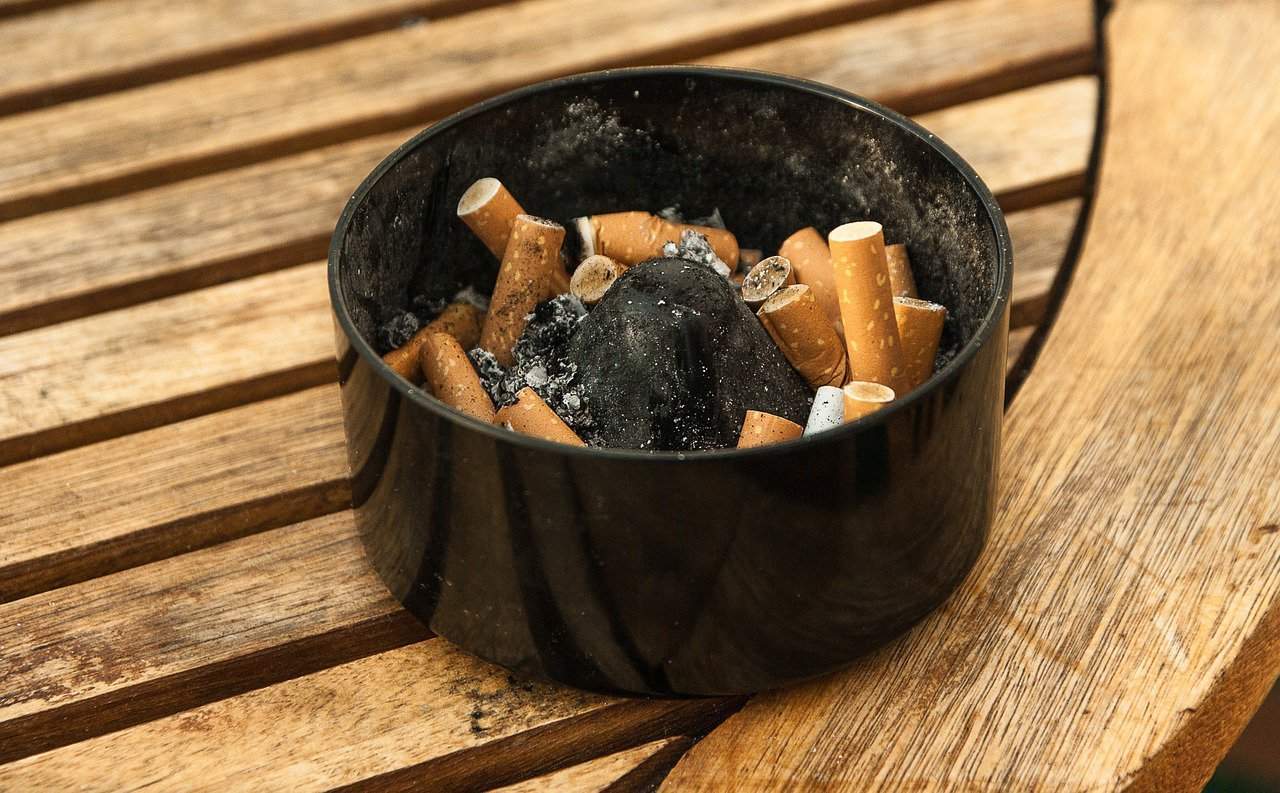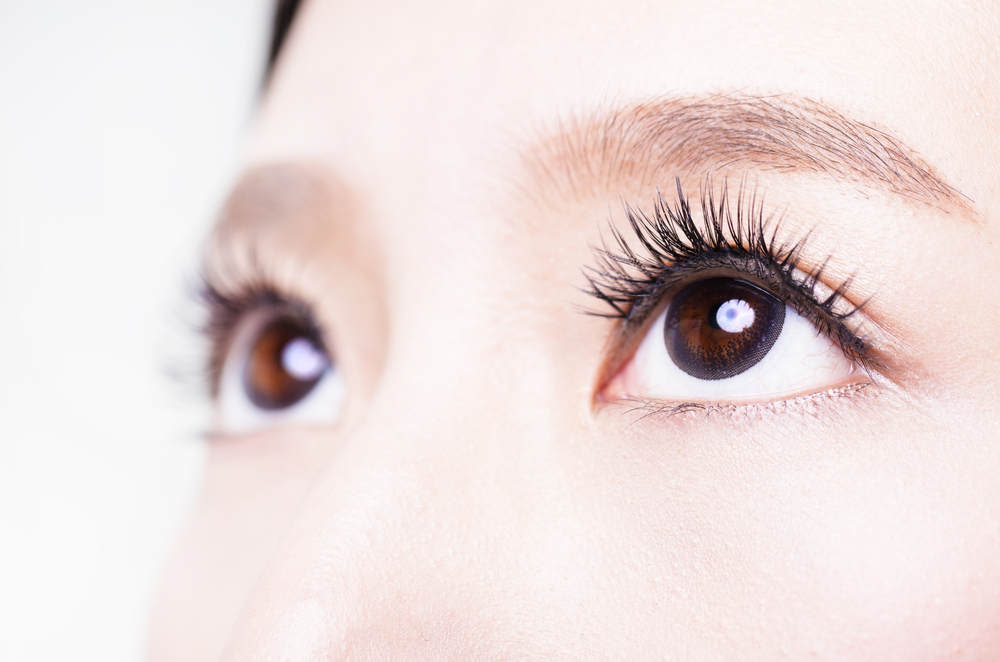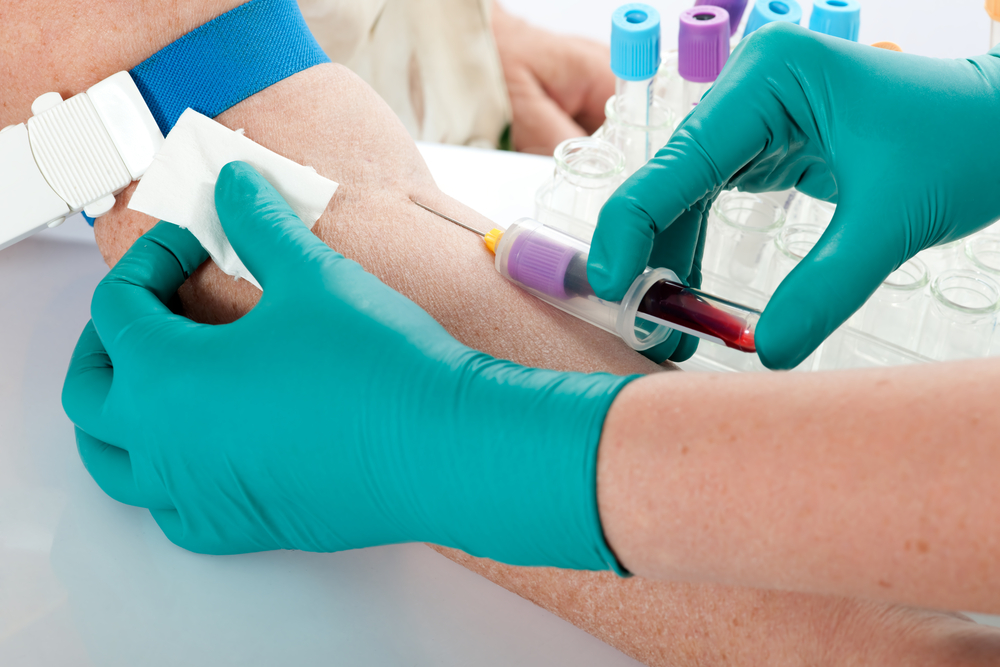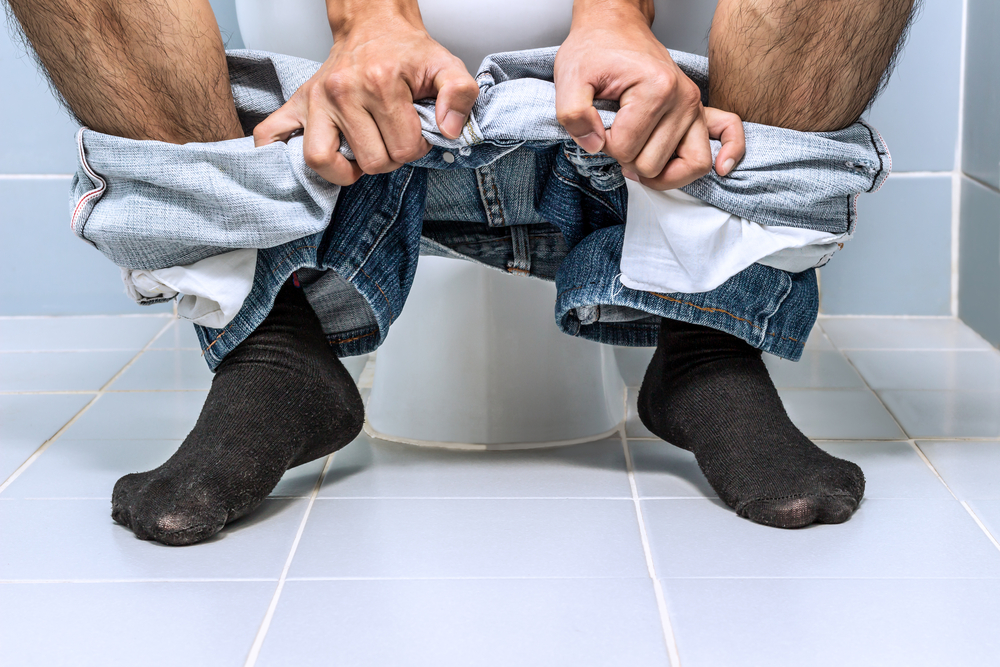Contents:
- Medical Video: High Risk Pregnancy: Placenta Concerns
- What is calcification of the placenta?
- What are the causes of this calcification?
- At gestational age what is the most susceptible calcification of the placenta?
- Various health risks that may occur due to calcification of the placenta
- Is there a way to prevent this?
Medical Video: High Risk Pregnancy: Placenta Concerns
Placenta is a sac-shaped organ that functions as a home for developing fetuses during the mother's stomach. The placenta provides oxygen and nutrients as baby food, while protecting the baby to always be healthy and free from viruses and germs that may be present in the mother's body. So, disorders of the placenta during pregnancy can have a detrimental effect on baby's growth. One of the placental disorders that may occur is calcification of the placenta. What are the consequences for the baby?
What is calcification of the placenta?
Calcification of the placenta is a condition of aging of the placenta due to the accumulation of calcium caused by the rupture of small blood vessels in the placenta. Calcification of the placenta is characterized by the appearance of white spots spreading from the base of the placenta to its surface. Generally calcification can be seen during an ultrasound examination.
As the pregnancy increases, the placenta will experience changes to facilitate the growth of the baby over time. During this period of change the risk of calcification of the placenta appears.
What are the causes of this calcification?
Calcification of the placenta is unknown what the exact cause is. However, this condition can be influenced by various factors. Starting from hereditary factors to environmental factors such as radiation, low sound frequencies, and reactions to certain drugs. Bacterial infections are also thought to cause calcification.
At gestational age what is the most susceptible calcification of the placenta?
The placenta has begun to form as soon as it reaches 12 weeks of gestation. Then the placenta will continue to change over the course of the pregnancy. In general, placental development is divided into four stages. From a score of 0 (not mature) to 3 (very mature).
Level 1 occurs in pregnancies aged 31-32 weeks, level 2 occurs for 36-37 weeks, then level 3 occurs at around 38 weeks of gestation.Calcification of the placenta at level 3 is considered the heaviest condition. At level 3, these limestone spots have formed into a circle similar to the ring surrounding the placenta.
However, research shows that pregnant women have a high risk of experiencing placental calcification at 28 to 34 weeks' gestation. About 18 percent of pregnancies reported experiencing severe calcification after entering the 33rd week of pregnancy.
Some studies show that this condition is more common in:
- Pregnancy at a young age or teenager
- First pregnancy.
- Woman who is smoking while pregnant
Various health risks that may occur due to calcification of the placenta
Many pregnancy experts consider that calcification of the placenta is a natural phenomenon that occurs during pregnancy, but can also indicate a health problem experienced by the womb. The risk can also vary depending on when calcification begins throughout the gestational age and maternal health conditions. In general, the earlier the calcification occurs, the higher the risk of harm.
Calcification in the early to mid-term pregnancy is classified as a high-risk pregnancy. Because the calcification of the placenta before pregnancy reaches the age of 32 weeks is at risk of causing bleeding during labor, placental abruptionbabies born prematurely and / or APGAR score low, and the fetus dies while still in the womb. As many as 20 to 40 percent of normal pregnancies will experience calcification when the gestational age reaches 37 weeks. However, the risk of calcification in late pregnancy is low.
The medical assistance measures taken to deal with this condition will depend on the risk and severity.
Is there a way to prevent this?
The placenta has an important role in protecting the health and safety of the fetus during pregnancy. However, because the cause of calcification of the placenta is still unknown, it is difficult to determine the specific preventive steps.
In general, maintaining a healthy pregnancy is the best way to avoid placental disorders and complications of pregnancy, including calcification of the placenta. Stop smoking if you still smoke while pregnant, and live a healthy lifestyle with a balanced diet diligent in sports.

